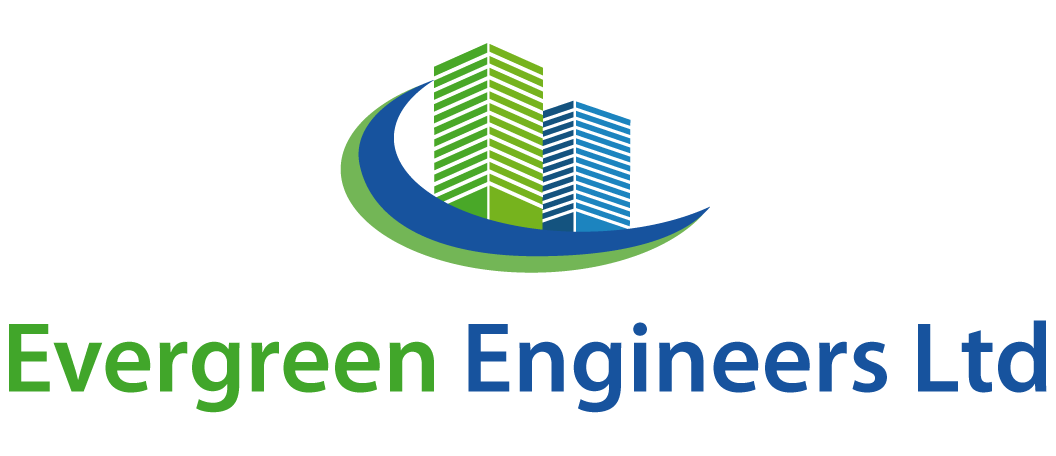As the world progresses toward more sustainable and energy-efficient practices, the concept of smart buildings has gained prominence. Smart buildings incorporate advanced technologies, automation, and data-driven systems to optimize energy consumption, enhance occupant comfort, and reduce environmental impact. The rapid adoption of smart building technologies has led to the emergence of smart building certifications, which...



